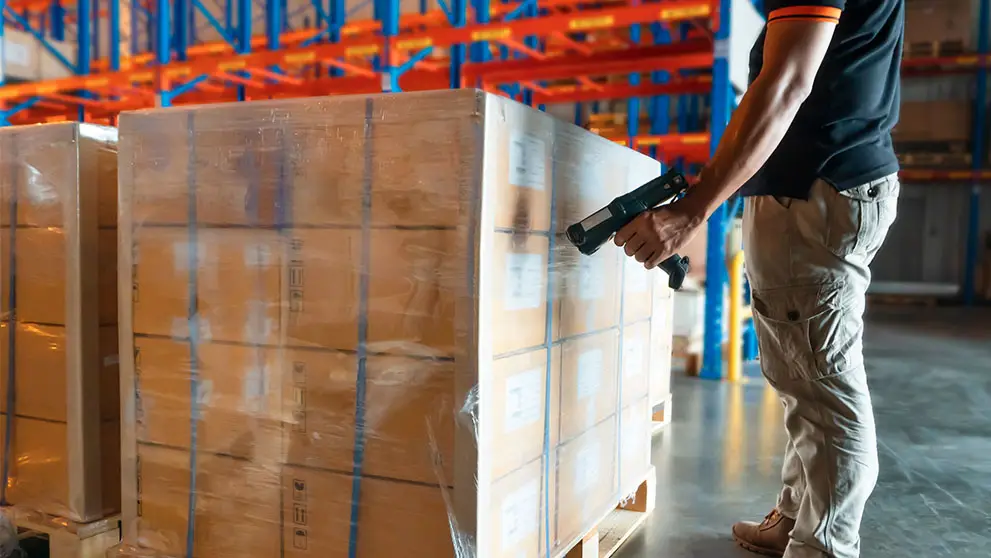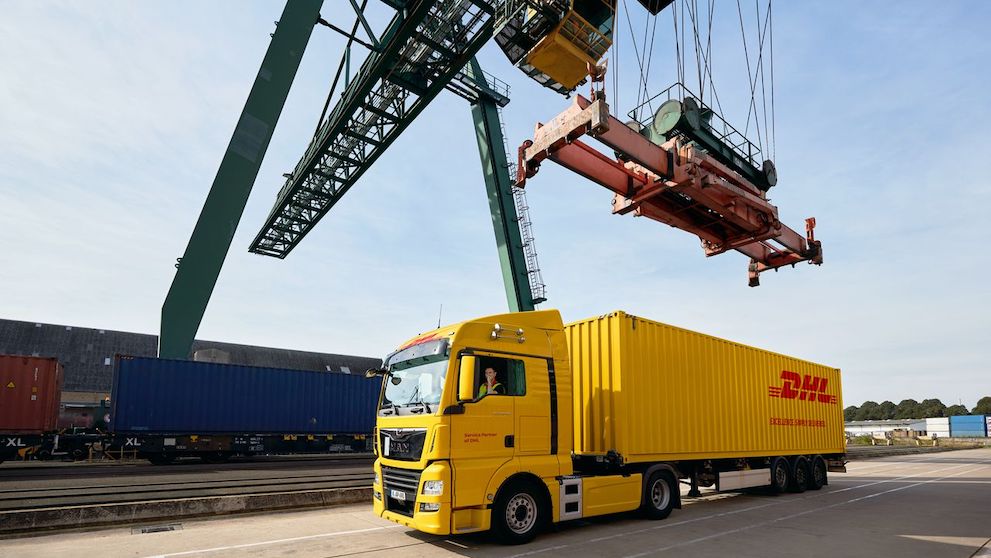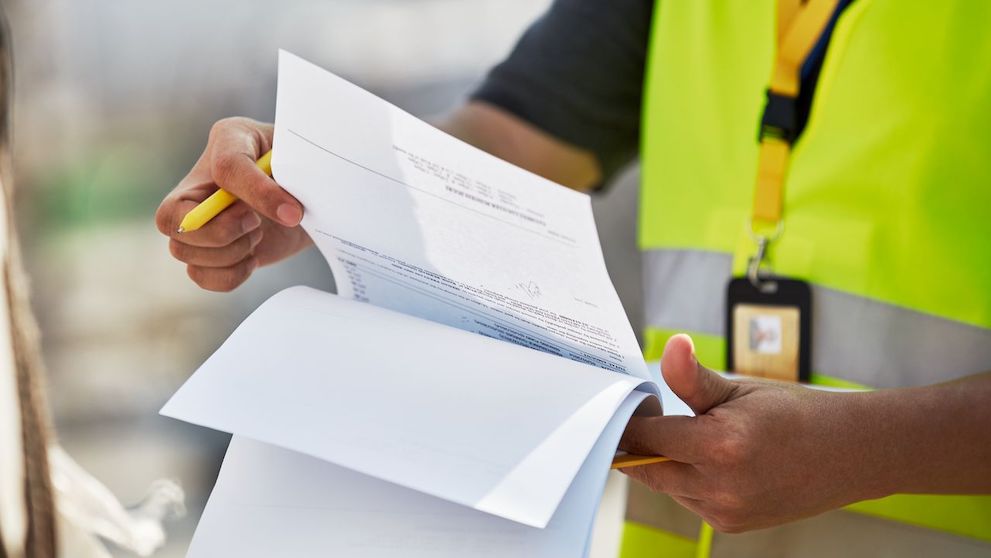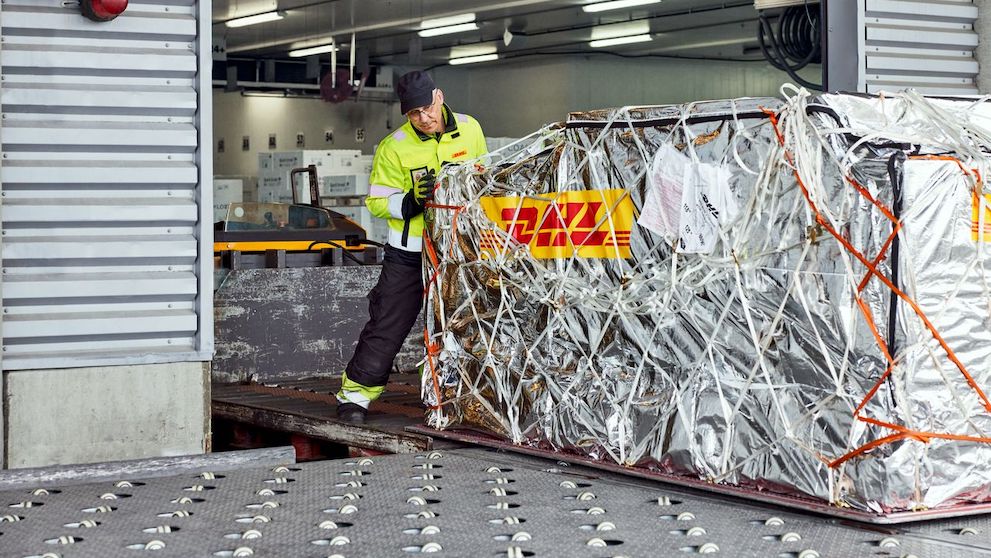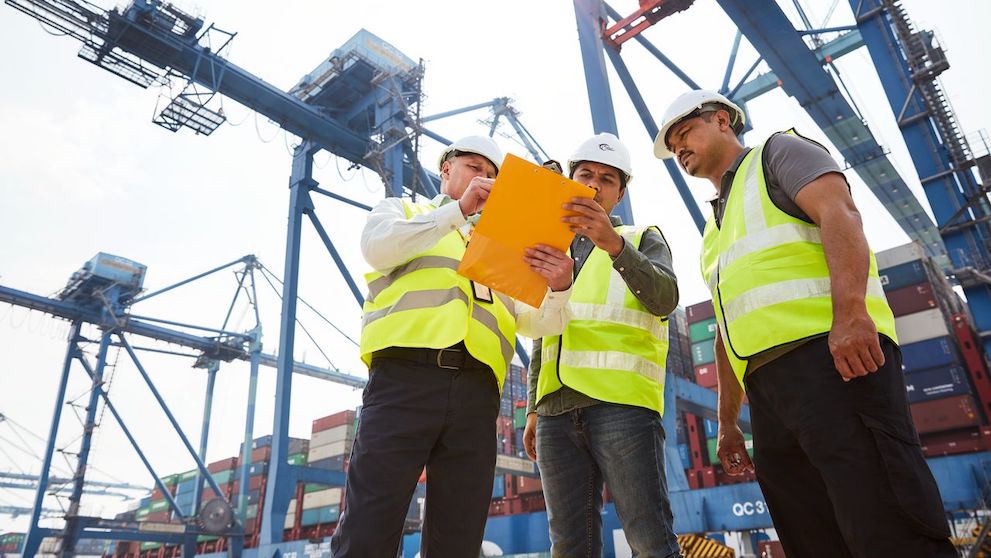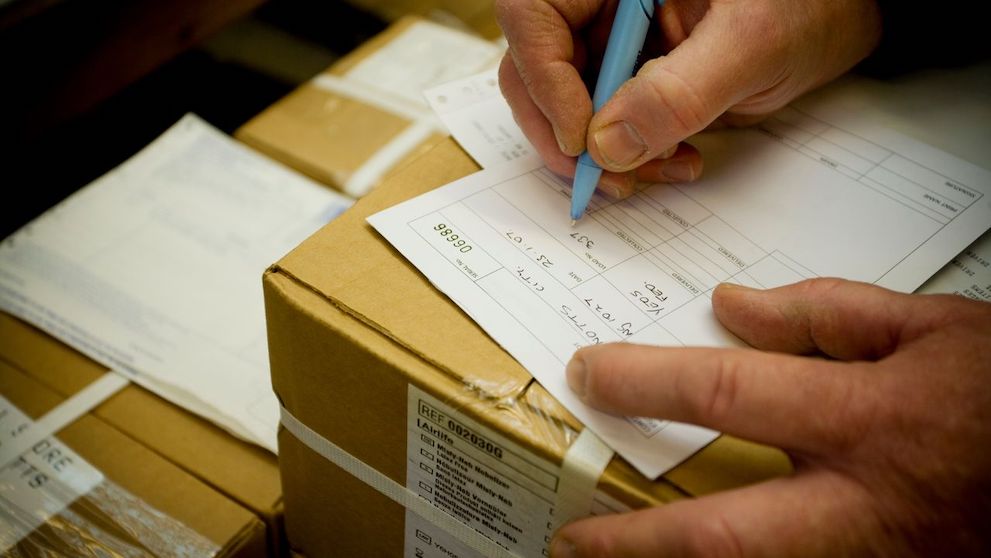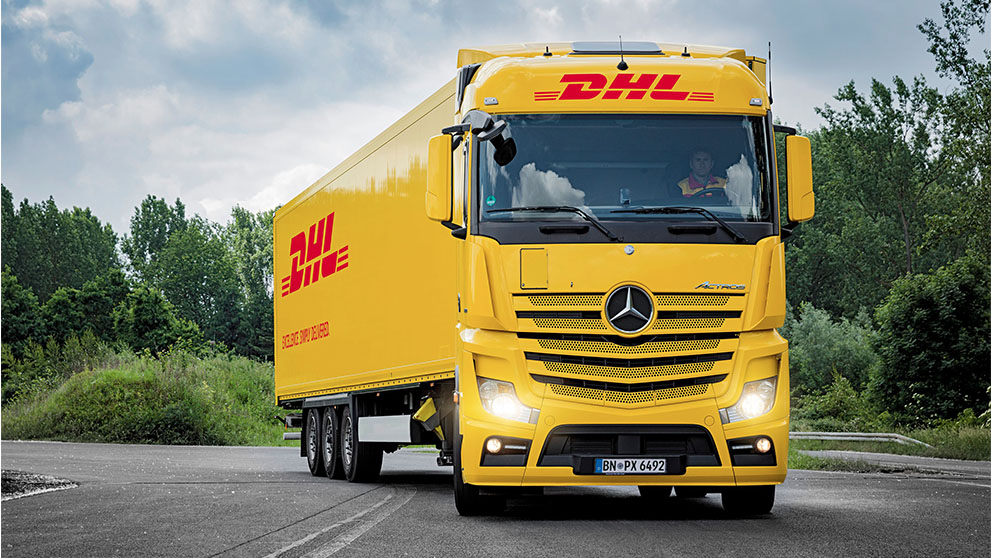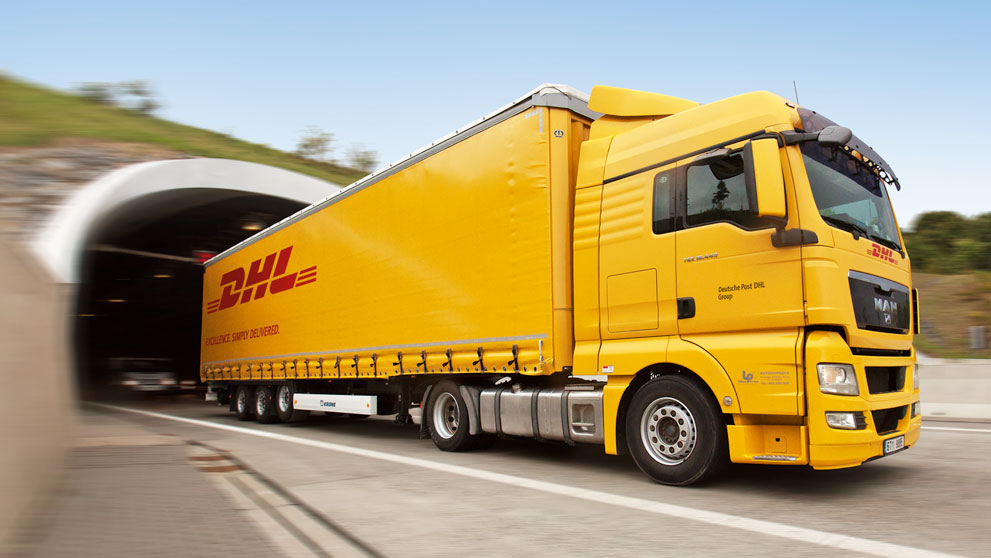As of June 2022, the New Zealand government recorded an export value of NZ$6.4 billion worth of goods, with meat being the largest contributor, followed by milk powder, butter and cheese. The country also enjoyed import value of goods worth NZ$7.1 billion, with petroleum and machinery being its two largest contributors.
Before importing into or exporting from New Zealand, businesses should be updated on the latest customs regulations. Familiarising yourself with the customs rules will reduce the chances of being penalised and having your shipment delayed. Read on to learn about New Zealand’s customs regulations and tips you can follow when exporting from the country.
Import laws in New Zealand
Perhaps you’re a brick-and-mortar owner catering to the local market or tourists, or an e-commerce business managing and overlooking the quality of inventory goods in New Zealand before shipping them out to your overseas customers. In both instances, you’d need to import goods into the country, which means paying attention to the laws is necessary.
1. Prohibited and restricted goods
You have to make sure that your products are neither prohibited nor pose a biosecurity risk as these items are not allowed for import. If your products fall under the restricted category, you may need to provide licences and permits at the New Zealand customs to be permitted in the country.
Some examples of prohibited items include:
Antarctic and Patagonian toothfish
Chewable tobacco products
Certain dog breeds, such as the American Pit Bull Terrier and Japanese Tosa
Some examples of restricted items include:
Controlled drugs
Dog-tracking devices
Explosives, including fireworks
All food products need to meet food safety and labelling requirements as well. Certain goods may have to be cleaned or treated to ensure no unwanted pests or diseases are brought into the country. There is also a wide range of items which the New Zealand customs require approval through biosecurity and food security clearances.
2. Import declaration
Importers bringing in goods valued over NZ$1,000 must provide an import declaration, which has to be entered electronically. As such, you will need to register for the Trade Single Window (TSW). The TSW is a platform that allows importers to submit import information (known as ‘lodgements’) and receive responses from border agencies. You will also need a client code to import goods worth over NZ$1,000, which you can easily apply for via the NZCS Form 224. You will also need a supplier code.
Goods valued lesser than the threshold stated above are typically screened and pass through appropriate customs actions and released, unless they attract charges over NZ$60. Should your goods attract charges of more than NZ$60, they will be kept aside to determine the value. You will be contacted to arrange for clearance so that the goods can be released.
Please note that for such goods, the customs officer will submit an electronic lodgement for you, which will take extra time.
All goods imported into New Zealand need to be declared no later than 20 days after it arrives. However, the Ministry for Primary Industries (MPI) recommends all declarations be lodged in advance.
3. Import tax in New Zealand
Goods (including secondhand items) worth over NZ$1,000 are subject to import duty and Goods and Services Tax (GST) at the New Zealand customs. However, if your shipment includes alcohol or tobacco, while valued below the de minimis rate, you are required to pay both the import duty and GST.
The import duty you need to pay for customs clearance will depend on the value of your goods, the type of item you are shipping, the country it was manufactured in and sent from, the duty rate against the tariff schedule and any other additional customs concessions.
GST is charged at 15% on the value of goods entering New Zealand. Please note that if you’re shipping from overseas suppliers, they may charge GST even if your shipment is worth below the threshold value.
Do note that you may enjoy preferential rates due to Free Trade Agreements (FTAs), not just when importing goods but also exporting to designated countries.







